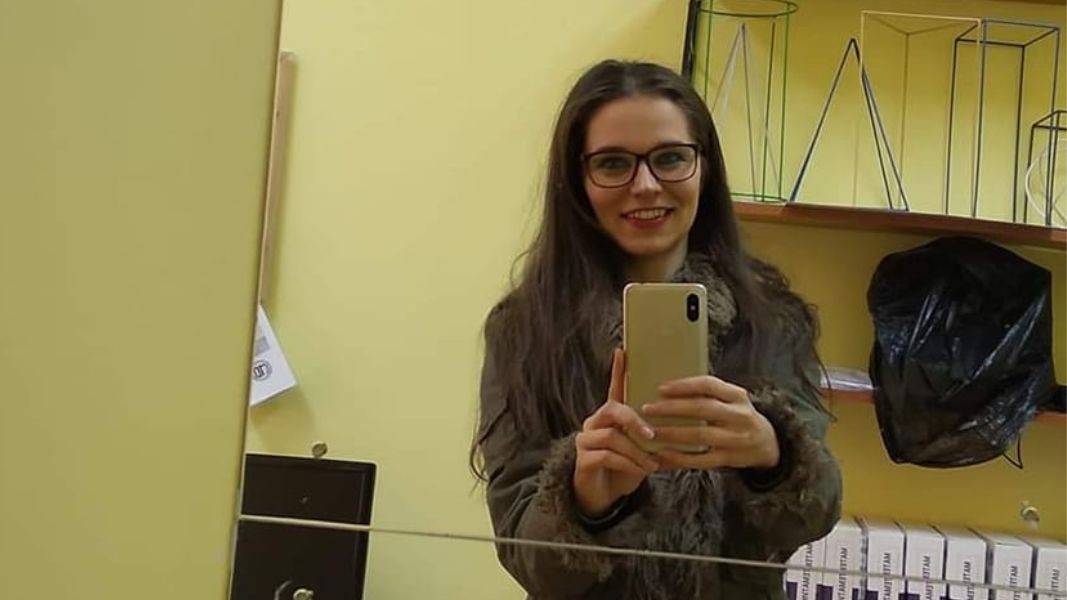The first visit of a Serbian head of state to Bosilegrad and the region in 97 years, with which President Aleksandar Vucic launched his ambitious programme to solve the country's problems, became the occasion for the detention of two citizens of Bulgarian origin. The arrests were widely criticised in Bulgaria. Bulgarian foreign ministry demanded an official explanation from the Serbian ambassador to Sofia what were the reasons for the arrest, which "caused a negative reaction in Bulgaria".
"As a person born and raised in Bosilegrad, I wanted to tell President Vucic that there are many problems in the city. Apparently, our desire to draw his attention to Bosilegrad's issues got in the way of someone," says Daniela Mihajlovic, who was among those detained before Vucic's brief visit to her hometown.
The young mother told Radio Bulgaria: "The fact that the president chose to arrive by helicopter shows that he probably knows that the roads to Bosilegrad are not in good condition. If he had used a car, he would have understood what it was like to drive to Bosilegrad. We were arrested on a tip-off from someone that we had disturbed public order and him personally with our banners. They simply read that we wanted mayor Vladimir Zahariev's resignation and that we were poor and hungry."
In an open letter to the Ombudsman and various ministries, unanswered, the residents of Bosilegrad wrote about the long-time unresolved environmental problems in the area caused by the work of the lead and zinc mines near the village of Karamanitsa in the Besna Kobila mountain.
"Mine activity in the mountains leads to cave-ins and collapses. People don't feel safe there because they don't know where the next collapse will be," Daniela tells us. - "There are already six huge craters in the mountain. The rivers near the mines are polluted and this is obvious to the naked eye as the water runs grey or pure white. This water is needed to irrigate the land as well as for the livestock to drink. One of the mines has stopped working, but we cannot estimate whether and how much this has improved the ecology in the area, because the research is being done by a private company from Novi Sad, whose data I personally do not trust."
The institutions are aware of another problem in one of the villages of the municipality, the letter and Daniela's words make clear:
"There have been 15 fires of houses, cars and any other property in the village of Glozje since 2015. The arsonists remain unknown to this date. Short circuit is the usual explanation given by the police for the places where there is electricity. For fires that have happened in places where there is no electricity, they say they don't know. This is one of the few villages in the area where there are still young people. They are afraid to spend the night in their homes because they don't know which house will be the next to catch fire."
Locals also complain about the poor infrastructure, which is almost non-existent in some of the villages. This poses a real risk to the health and safety of the people who live there, and leads to absurd instances where a death in a village is learned of by accident, sometimes months later.
Meanwhile, the Bulgarian Foreign Ministry demanded an explanation for the arrests of citizens with Bulgarian identity in Bulgaria's western neighbour. In a telephone conversation with Serbia's ambassador to our country, Zeljko Jovic, the director general of European Affairs at the MFA, Slavena Gergova, pointed out that respect for human rights and, in particular, ensuring freedom of expression are key conditions in Serbia's European integration process.
Two billion euros in additional state guarantees and a concession of the Bulgarian Sports Totalizator are part of changes to the draft budget for 2026, submitted between the first and second readings. The change that increases the..
The increase in the minimum wage is supported by 54.1% of Bulgarians. 1/3 of respondents believe that the minimum wage should be equal to the living wage. This is indicated by the results of a representative survey by the Myara..
“We see a rational plan for a quick peace from President Donald Trump, according to which the situation on the battlefield is developing extremely unfavorably for Ukraine, and he is trying to prevent a worse scenario and additional casualties,”..

+359 2 9336 661
